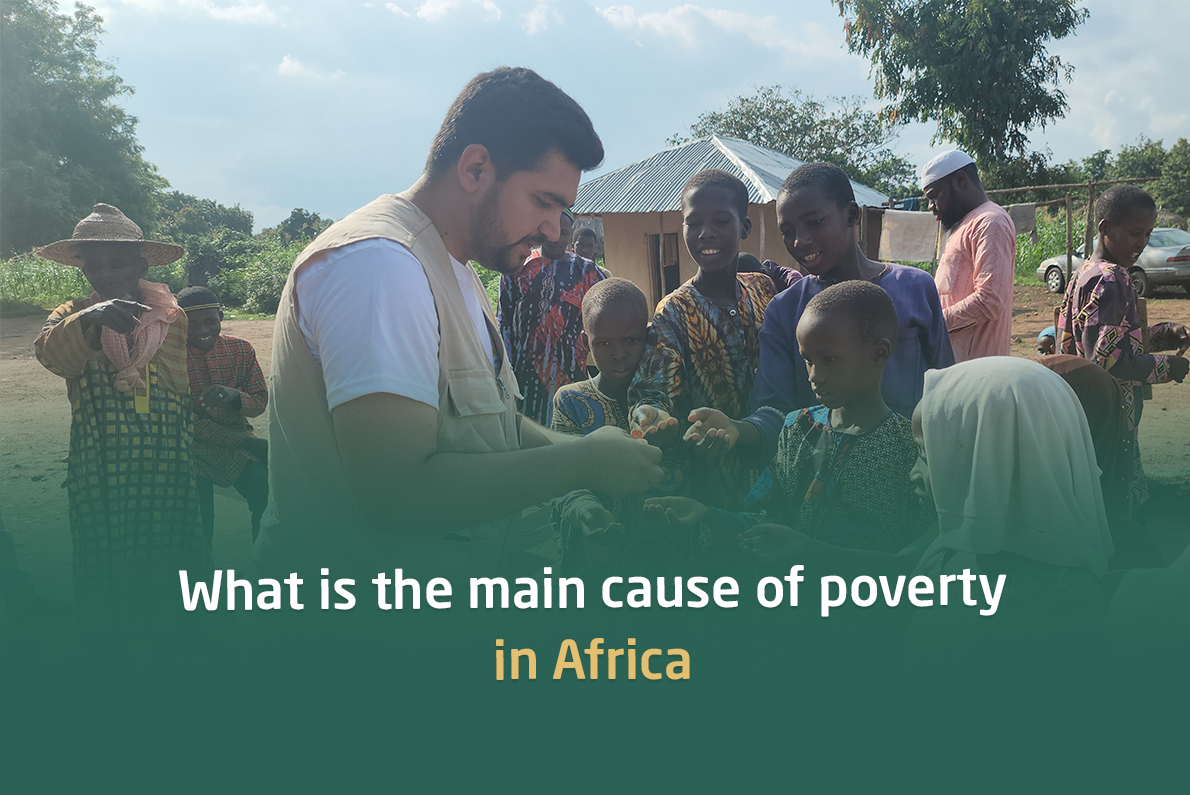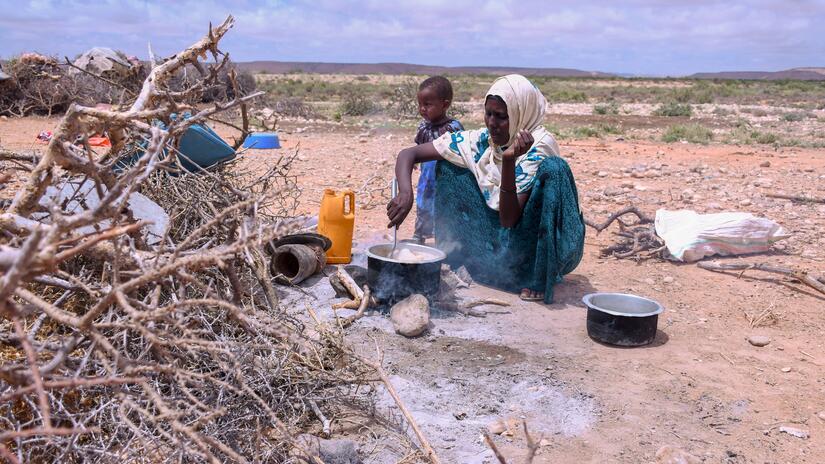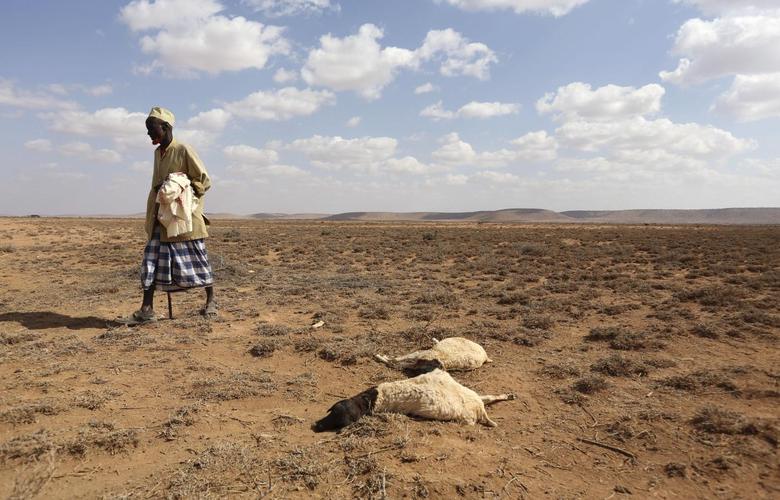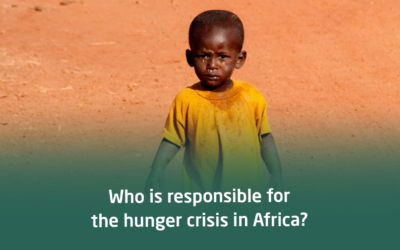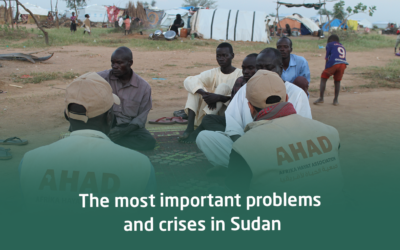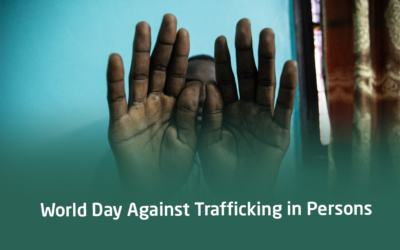What is the main cause of poverty in Africa
Poverty in Africa is one of the most prominent social and economic issues facing the continent, and it significantly affects the lives of millions of its inhabitants. Poverty is one of the biggest challenges hindering sustainable development and stability in African societies. Poverty is not limited only to the lack of financial resources, it extends to the lack of educational and health opportunities, the inability to access basic services, which leads to a deterioration in the quality of life and an increase in unemployment and crime rates.
Africa, a continent rich in natural resources and diverse cultures, suffers from high poverty rates despite its enormous potential. Poverty on this continent is the result of a set of complex and interrelated factors that require a deep understanding and coordination between domestic and international policies to address them effectively.
Poverty is not just an economic problem but a multidimensional issue that affects the social and cultural fabric of African societies. Poverty directly affects public health as it leads to malnutrition and the spread of diseases as a result of the lack of quality health services. Education is one of the main keys to getting out of poverty, but many children in Africa cannot attend school due to costs, distance or unstable security situations.
On the other hand, poverty leads to environmental degradation as the population resorts to the unjust exploitation of natural resources to achieve their basic needs, which leads to the destruction of the environment and exacerbates environmental crises such as desertification and climate change. Armed conflicts, in turn, affect the spread of poverty through the destruction of infrastructure, the displacement of the population and the stoppage of the wheel of production and development.
In addition, the economy of many African countries depends on the export of raw materials and the import of manufactured goods, which creates a state of economic dependence and makes these countries vulnerable to fluctuations in world markets. This unbalanced economic system limits the opportunities for economic development and reinforces the situation of widespread poverty.
In these complex circumstances, there is a need for a comprehensive and integrated approach to tackling poverty in Africa. This approach requires cooperation between local and international governments, NGOs, and the private sector, working to improve good governance, promote education, empower youth and women, in addition to managing natural resources in sustainable ways.
By understanding the root causes of poverty and working to address them in sustainable ways, real progress towards poverty eradication can be achieved in Africa, enhancing the stability of the continent and the well-being of its inhabitants.
The main causes of poverty in Africa
Conflicts and armed conflicts in Africa
Many regions in Africa are experiencing armed conflicts and civil wars, which are one of the most prominent factors leading to poverty. The impact of these conflicts can be divided into several main aspects that include the destruction of infrastructure, the displacement of the population, the undermining of investment and economic development, and the deterioration of the social fabric.
Destruction of infrastructure
Armed conflicts cause widespread destruction of critical infrastructure such as roads, schools, hospitals, and water and electricity networks. This destruction disrupts the basic services on which the population depends for their daily lives. Without proper infrastructure, it becomes difficult to provide educational and health services, which affects the quality of life and hinders opportunities for economic growth and development.
Population displacement
Wars and conflicts lead to internal displacement and external migration of the population. Individuals who are forced to leave their homes lose their livelihoods and property, plunging them into poverty. The camps where the displaced are staying also often lack basic services such as clean water, sanitation and health care, adding to their suffering.
Undermining investment and economic development
Armed conflicts make the investment climate unstable and unsafe, driving foreign and domestic investors away from those areas. Political and security instability weakens confidence in the local economy, hinders the implementation of development projects. Companies and banks are reluctant to invest in unstable environments for fear of losing their money, which leads to a decrease in employment opportunities and an increase in unemployment and poverty.
Deterioration of the social fabric
Wars and conflicts sow hatred and divisions between different communities. This social rupture leads to a loss of community solidarity, which disrupts the efforts of cooperation and teamwork necessary for development. Torn community relationships hinder the creation of strong support networks, which are necessary to help individuals and families get through crises.
Disruption of education and health
Conflicts lead to the closure of schools and universities, depriving children and young people of the education necessary to build a better future. Also, health facilities are being destroyed or converted to other uses, leaving the population without adequate health care. The lack of education and health care significantly contributes to the aggravation of poverty, as individuals become unable to improve their economic and social conditions.
Worsening humanitarian crises
Humanitarian crises resulting from armed conflicts pose an additional challenge. Shortages of food, water, and shelter become urgent problems, making it difficult for humanitarian organizations to provide the necessary assistance. As the violence continues, the numbers of people in need are increasing and humanitarian crises are intensifying, making it even more difficult to get out of the cycle of poverty.
Conflicts and armed conflicts are one of the most prominent factors exacerbating poverty in Africa. Their negative impacts on infrastructure, population displacement, investment and economic development, and the social fabric make it necessary to find political and sustainable solutions to end these conflicts. Without achieving peace and stability, efforts to combat poverty in Africa will remain of limited impact, which emphasizes the importance of adopting comprehensive strategies that include political, economic, social and humanitarian aspects to achieve sustainable development and a better future for the peoples of the continent.
Climate change and natural disasters in Africa
Africa is considered one of the continents most affected by climate changes and natural disasters, which significantly contributes to an increase in poverty rates and worsening economic and social conditions of the population. The effects of climate change include frequent droughts, floods, desertification, and rising temperatures, all of which have negative impacts on Agriculture, Water Resources, and public health.
The effect of dehydration
Recurrent drought is one of the biggest challenges facing Africa. Drought leads to water shortages and degradation of agricultural land, which affects crop productivity and reduces the availability of food. For rural communities that rely heavily on agriculture as their main source of income and food, drought causes a sharp decline in agricultural yields leading to loss of income and increased rates of hunger and malnutrition.
The impact of floods
Floods pose another major challenge as they destroy agricultural crops, housing, and infrastructure such as roads and bridges. Floods disrupt daily life, displace residents, cause serious economic losses. Areas that are subject to frequent flooding become uninhabitable and agricultural, forcing residents to move to other areas, often with limited resources, which increases poverty rates.
Desertification and land degradation
Desertification and land degradation are direct consequences of climate change and mismanagement of Natural Resources. Desertification reduces available agricultural areas and leads to a deterioration in agricultural production. This exacerbates food security problems and contributes to increasing poverty, as many rural residents rely on agriculture for a living. Land degradation also contributes to the displacement of people from rural areas to cities, where they may face unemployment and greater poverty.
High temperatures
High temperatures negatively affect agricultural production and public health. Agricultural crops are less able to withstand excessive heat, which leads to a decrease in productivity and an increase in the cost of food. In addition, rising temperatures cause an increase in the spread of diseases such as malaria and dengue fever, which increases the health and economic burdens on the population.
Lack of Water Resources
Climate change is also affecting water resources in Africa. The lack of rainfall and changing precipitation patterns lead to the decline of fresh water sources such as rivers and lakes. This affects agriculture, animal husbandry, and public health. Lack of Water leads to increased competition for limited resources, which can cause local conflicts and increase social tensions.
Humanitarian crises
Natural disasters caused by climate change contribute to the aggravation of humanitarian crises. Forced displacement, food shortages, and clean water pose daily challenges for the affected populations. Humanitarian crises force international organizations and governments to divert their resources and efforts to cope with disasters instead of investing in long-term development.
Adaptation and mitigation measures
To counter the effects of climate change and natural disasters, it is necessary to adopt adaptation and mitigation strategies. These strategies include improving water resource management, promoting drought-resistant agriculture, and investing in Resilient Infrastructure. Local capacities in disaster forecasting and contingency planning should also be strengthened to ensure an effective and rapid response when disasters occur.
Climate change and natural disasters pose a major challenge to sustainable development in Africa and increase poverty and marginalization rates. Dealing with these challenges requires coordinated efforts involving governments, international organizations, and local communities. By strengthening preventive measures and adapting to climate changes, it is possible to achieve sustainable development and minimize the effects of natural disasters on the African population, which contributes to improving the standard of living and reducing poverty on the continent.
Lack of education and vocational training
Lack of access to quality education and vocational training is one of the main causes of poverty in Africa. Education is the basis of economic and social development, without it, it becomes difficult for individuals to improve their standard of living and achieve sustainable development. Education is one of the most important factors that contribute to improving job opportunities and increasing income. Without a good education, many individuals remain in low-paying jobs, which makes it difficult to get out of the cycle of poverty.
People who lack education and vocational training find themselves confined to low-paying jobs, often in the informal sector where wages are low and working conditions are poor. This reduces their ability to improve their financial situation and provide for their basic needs.
Lack of education leads to a deterioration in the quality of life in general. Uneducated people are often unable to access quality health services, which increases the risk of disease and premature death.
When children are deprived of education, poverty is repeated across generations. Children who do not receive a good education grow up to become adults who are unable to improve their economic situation, perpetuating the cycle of poverty.
Rapid population growth
Rapid population growth is putting a huge strain on Africa’s limited resources and infrastructure. As the population increases, it becomes more difficult to provide basic services and employment opportunities for everyone, which leads to an increase in poverty rates.
You can visit the AHAD website to find out more about the projects it offers
ALSO READ
WHAT THE FOOD BASKET CONTAINS IN AHAD
Join us in our message

